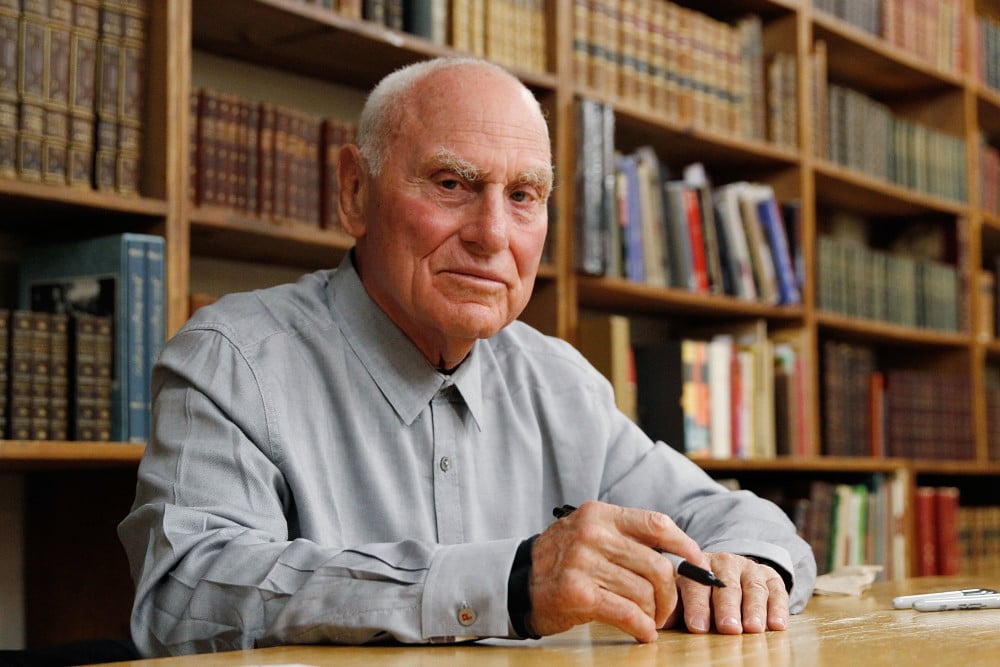People
Richard Serra and Lawrence Weiner Rally Behind Apple in Fight with FBI
Is unlocking a mass shooter's phone a threat to creativity?

Is unlocking a mass shooter's phone a threat to creativity?

Brian Boucher

Dozens of artists and writers have signed an open letter from the PEN American Center in support of Apple’s stand against the Federal Bureau of Investigation. The agency is attempting to compel Apple to unlock an iPhone owned by one of the attackers in the mass shooting which took place in San Bernardino, California, on December 2, 2015.
Addressed to Attorney General Loretta Lynch, the letter asserts that “what the FBI is asking Apple to do would erode the vital U.S. values of free expression and privacy, and could endanger writers and human rights advocates in countries around the world.”
Among the signers are artists including Richard Serra, Fred Tomaselli, and Lawrence Weiner, as well as writers such as Siddhartha Deb, Jonathan Lethem, Maaza Mengiste, and Colm Tóibín.
The FBI wants Apple to disable the feature on the iPhone which erases data after ten failed password attempts, in hopes of gaining more information about the motives and possible terrorist connections of Syed Rizwan Farook and his wife, Tashfeen Malik, who killed 14 and injured 22 in the December attack at the Inland Regional Center. Apple is resisting, and privacy advocates and some tech experts say that a “back door,” even if created for one-time use, could end up in the hands of hackers and repressive governments. Both sides are reportedly prepared for a protracted legal fight.
The step the FBI is demanding, the letter asserts, is a threat to constitutional rights.
“The right to privacy is not an abstract or fungible good,” it says. “It is a set of protections that sets the U.S. apart and has allowed expression, literature, culture, intellectual life, and creativity to flourish.”
“The consequences of forcing Apple to create software that effectively creates a back door into its encryption systems are serious: such an outcome will put hundreds of millions of people on notice that their texts, emails, documents, photos, videos, poems, stories, and creations may no longer be secure, and that they had better keep that in mind as they draft, develop, and dream,” they go on to add.